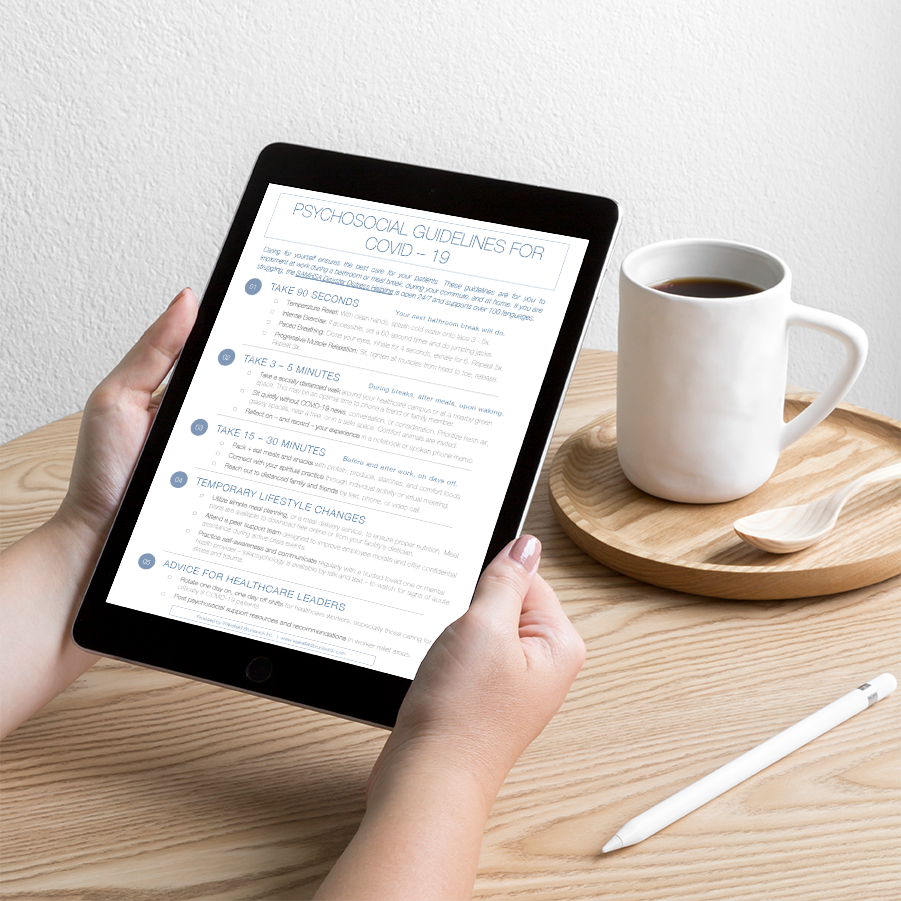Scroll down to access our free COVID-19 Healthcare Risk & Resiliency resources for your emergency management and recovery operations.
In preparation for a global Coronavirus (COVID-19) pandemic, Wakefield Brunswick began collaborating with the international healthcare community at the beginning of January 2020. Since then, we’ve authored and co-created numerous clinical, procedural, and advisory resources in-use at hospitals across North America.
COVID-19 HEALTHCARE RESOURCE COLLECTION
With the resources that we have being truly finite when it comes to the management of covid-19, the most important resource that we have is our staff and frontline support workers. For this reason, it is essential to develop and implement pandemic strategies that prevent staffing shortages and burnout.
In this short 5-minute video, our Vice President of Client Services Christopher Sonne, is discussing some alternative staffing solutions to try in your healthcare organization.
Connecting with Executive Leadership in Healthcare Emergency Management is still challenging, even as organizations are working hard to respond and recover to COVID-19. Working with executives in a way that is clear, direct, and solution-oriented is more important than ever - Incorporate these 3 leadership tips into your work with healthcare executives to get the response and the results your organization needs to recover from COVID-19.
COVID-19 information tracking is so important for staying on top of new challenges, as well as later FEMA and funding reimbursement applications. Download this tracking form today to help your staff stay organized as they tackle challenges, implement new policies, and collect valuable experience information for later reporting.
COVID-19 is having an unprecedented financial impact on healthcare institutions, while they are the front lines saving lives. Start preparing your organization now to apply for financial assistance and FEMA reimbursement as these programs and funds become available. Download the checklist bundle below, intended to assist you through the financial recovery process including, Requests for Public Assistance (RPA), which includes a “ready to use” PDF and a Word document template you can customize for your organization.
During the COVID-19 response or a long-term disaster, workforce access security needs may change based on work reassignments. These changes require new levels of access in one or more units, facilities, or for those working from remote locations. An emergency access “Break the Glass” (BtG) process should be part of your emergency operations or disaster recovery plan including exercising it on a regular basis to work out a workflow or technical issues. Download this guide for your identity access management (IAM), enterprise risk, legal, and operations teams to help you design a “break the glass” process which can provide flexible secure access to critical software applications.
Not all healthcare organizations are responding to the Coronavirus (COVID-19) pandemic with the same resources and methodology. We tapped into our network of organizations across multiple geographies to bring together simple, comprehensive templates for your team to deploy as you fight COVID-19 in your community. Download each bundle from this post for immediate deployment in your organization.
Download these Psychosocial Coping Tips for Healthcare Workers, a one-page guide to print and post on your fridge, tape to your glove box, or hang in the workers’ relief area at your healthcare facility. These strategies include options for 90 seconds, 3 - 5 minutes, 15 - 30 minutes, and temporary lifestyle changes to help you cope with the demands of a pandemic without demanding too much of your self-care.
On March 13, 2020, the United States has declared a public health emergency regarding Coronavirus (COVID-19).
In this post you’ll find information on 1135 Waivers for a Public Health Emergency, sourced from the US Department of Health and Human Services.
Disclaimer: We at Wakefield Brunswick feel strongly that in order to effect positive outcome change in this critical time, conveying information in a timely manner is critical. We will continue to follow the advice of medical experts and to disseminate actionable information as fast as possible. We further understand that this will necessitate periodic revisions and clarifications of some of our recommendations. Please remain flexible to update your protocols with these modifications if and when they become necessary.








